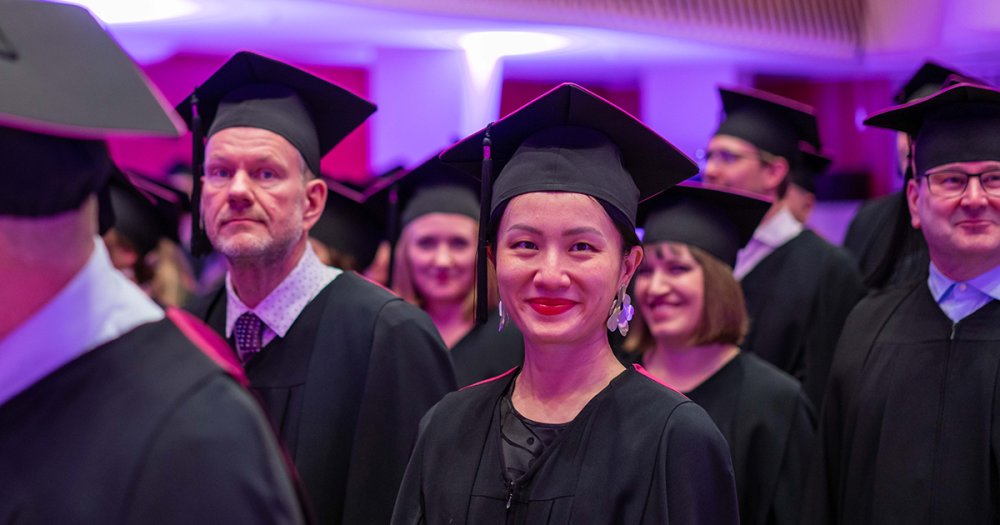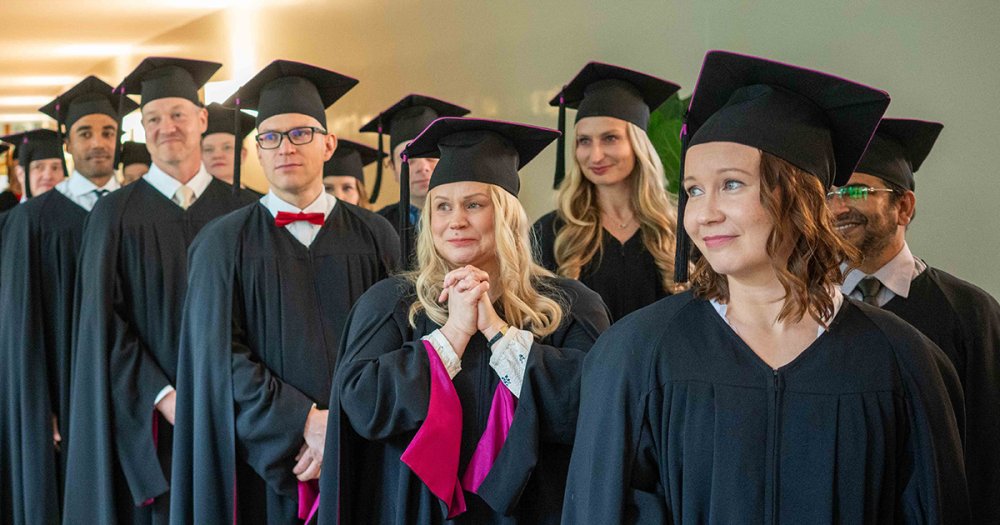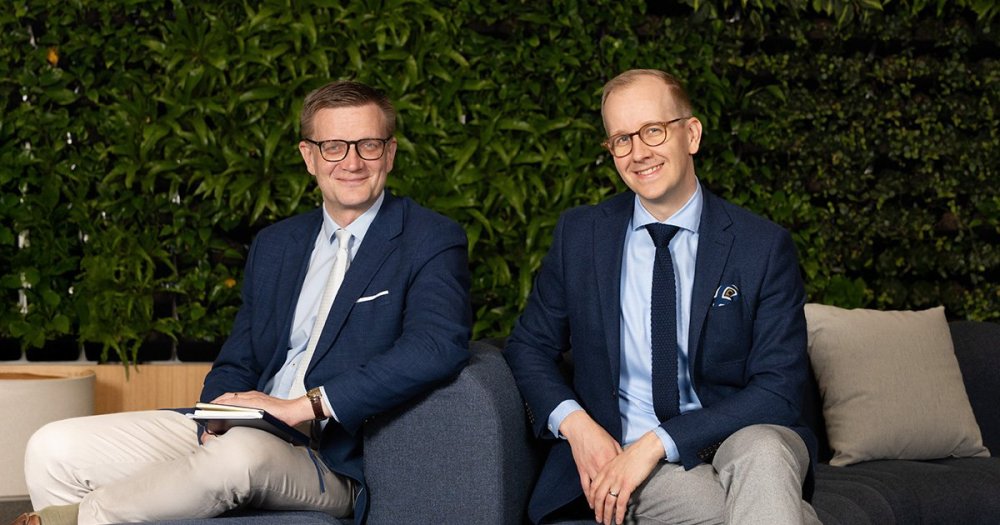Converter Techniques
Power electronics and its applications are vital in various industries for efficient and reliable energy conversion and control.
The Converter Techniques online course is a continuation of the basic course in Power Electronics. The course concentrates mainly on three-phase converters used in power electronics. It covers various converter types, including ac-dc, dc-ac, and ac-ac converters, and emphasizes the underlying principles that distinguish them.
After taking the course, you will be able to
- understand the different converter types for three-phase conversions: ac-dc, dc-ac and ac-ac
- calculate reactive power consumption of thyristor converters
- understand the difference between voltage- and current-sourced converters
- analyze power electronics with space-vector theory
- construct different pulse-width modulation techniques with phase quantities or space-vector
- understand the basics of filtering harmonics.
Is your organization interested in enhancing your team's skills and expertise? Contact us to explore the possibilities of transforming our existing content into tailored solutions for your team or organization.
Start
Fee:
Contact us
This asynchronous online course allows you to learn at your own pace, on your own schedule from anywhere in the world.
Gain an indepth understanding of power converters and complete academically verified credentials.
This course is a good possibility to continue the learning journey after the Power Electronics course that gives you a basic understanding of the topic.
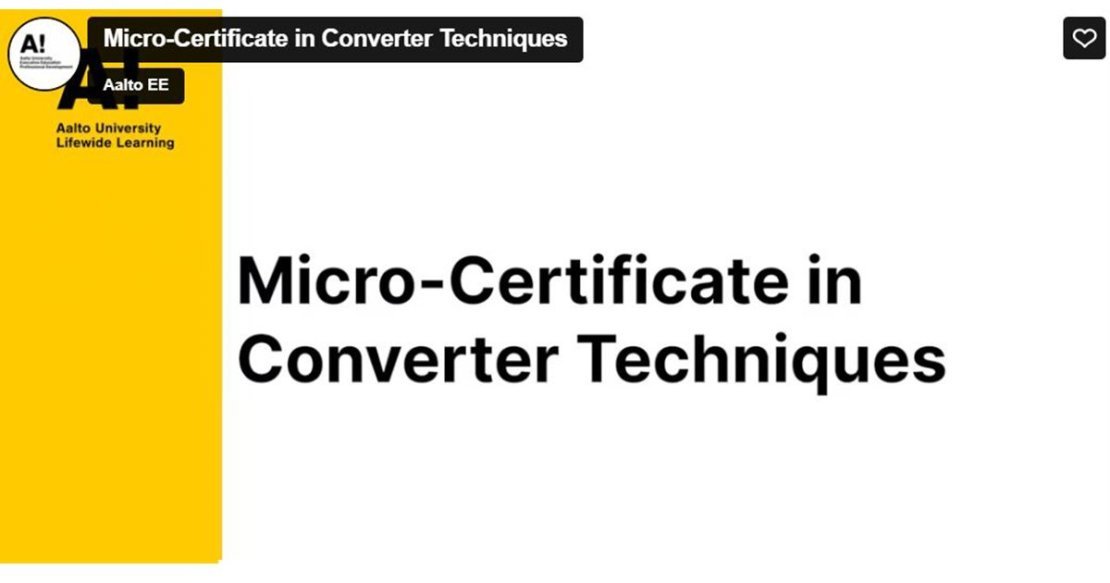
For
This online course is suitable for people interested in power electronics. The course delves deeper into the realm of power converters with a primary focus on three-phase systems.
Prerequisite: To ensure a smooth and comprehensive learning experience in the course, students should have a good understanding of power electronics. You may already have prior knowledge on your own, or you can acquire it by completing the Power Electronics course before taking this course. You also need to know how to analyze electric circuits.
Contents and Schedule
The course covers various converter types, including ac-dc, dc-ac, and ac-ac converters, and emphasizes the underlying principles that distinguish them.
The underlining difference in three-phase converters is the modulation method, either line-frequency commutation, where phase-shift modulation is used, or self-commutation, where pulse width modulation is used. In many converters, we have an intermediate dc bus. It is most often a voltage source, but in some cases current source too. Both cases are discussed during the course.
The course consists of short videos, texts, reflection tasks and quizzes. The course is divided into seven modules, each focus on a specific topic. The language of the course is English, and all videos include English subtitles. You can complete the course flexibly at your own pace.
The estimated study time of the course is 54 hours and learners have access to the course materials for three months. You can complete the course flexibly at your own pace. We recommend that you schedule your studies and complete around one module per 1-2 weeks.
- Module 1 - Introduction
- Module 2 – Diode and thyristor converters
- Module 3 – Cycloconverter and matrix converter
- Module 4 – Space-vector theory
- Moudule 5 – Voltage-sourced converters
- Module 6 – Current-sourced converters
- Module 7 – Filtering of harmonics
Instructors
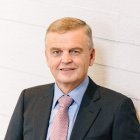
Jorma Kyyrä
Jorma Kyyrä is a head of the Department of Electrical Engineering and Automation at Aalto University.
Jorma Kyyrä received the M.Sc., Lic.Sc., and D.Sc. degrees from the Helsinki University of Technology (TKK), which is now Aalto University, Helsinki, Finland, in 1987, 1991, and 1995, respectively.
Since 1985, he has been with the university in various positions. Since 1996, he has been an Associate Professor of power electronics, and since 1998, a Professor of power electronics. From 2008 to 2009, he has been the Dean with the Faculty of Electronics, Communications and Automation, TKK, and from 2009 to 2011, the Vice President of Aalto University, Espoo, Finland. He is currently the Head of the Department of Electrical Engineering and Automation at Aalto University. His research interest is power electronics at large. The power electronics group at Aalto University has expertise, e.g., in power electronics for ac drives, dc–dc converters, modeling of converters, filtering of EMI, power factor correction, and distributed power systems.







